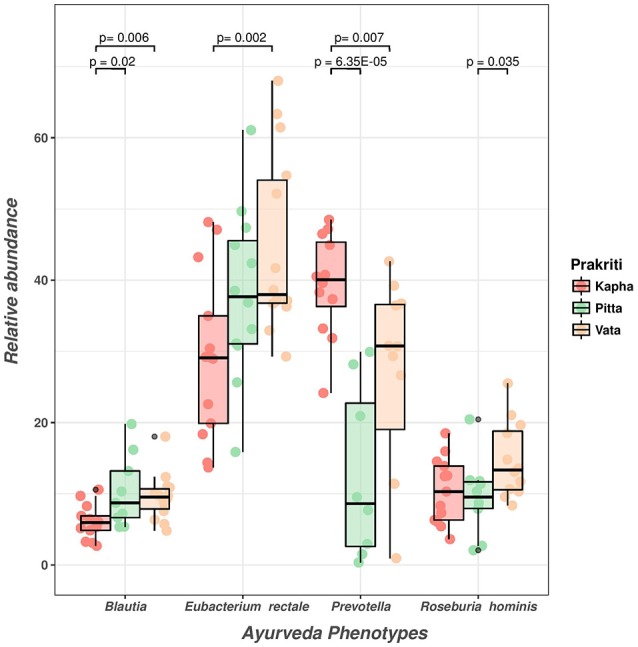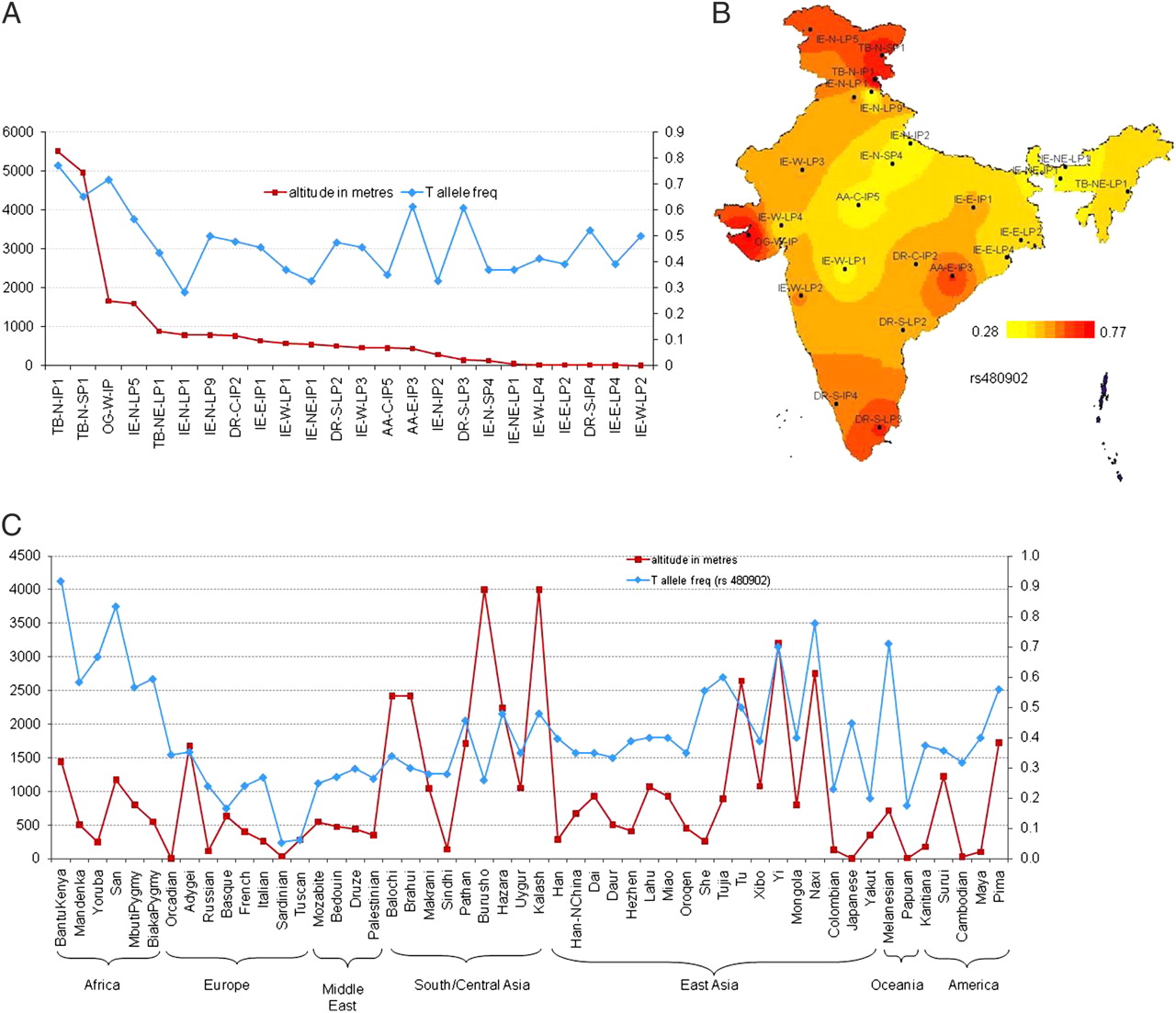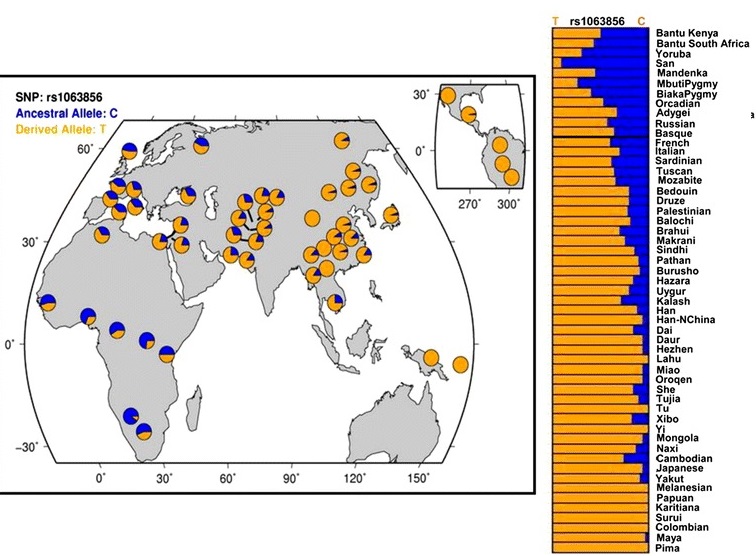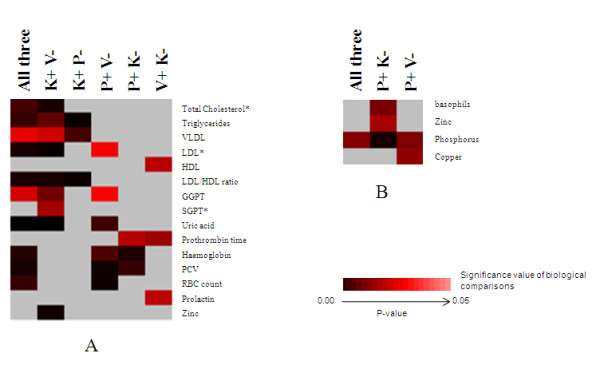Severe asthma is a chronic airway disease that exhibits poor response to conventional asthma therapies. Growing evidence suggests that elevated hypoxia increases the severity of asthmatic inflammation among patients and in model systems. In this study, we elucidate the therapeutic effects and mechanistic basis of Adhatoda vasica (AV) aqueous extract on mouse models of acute allergic as well as severe asthma subtypes at physiological, histopathological, and molecular levels.
COVID-19 pneumonia has been associated with severe acute hypoxia, sepsis-like states, thrombosis and chronic sequelae including persisting hypoxia and fibrosis. The molecular hypoxia response pathway has been associated with such pathologies and our recent observations on anti-hypoxic and anti-inflammatory effects of whole aqueous extract of Adhatoda Vasica (AV) prompted us to explore its effects on relevant preclinical mouse models.
Baseline cell proliferation rates and response to UV differ in lymphoblastoid cell lines derived from healthy individuals of extreme constitution types

Heterogeneity amidst healthy individuals at genomic level is being widely acknowledged. This, in turn, is modulated by differential response to environmental cues and treatment regimens, necessitating the need for stratified/personalized therapy.
Ayurveda, an ancient Indian system of medicine documented and practised since 1500 B.C., follows a systems approach that has interesting parallels with contemporary personalized genomic medicine approaches to the understanding and management of health and disease.

we report a link between high-altitude adaptation and common variations rs479200 (C/T) and rs480902 (T/C) in the EGLN1 gene. Furthermore, the TT genotype of rs479200, which was more frequent in Kapha types and correlated with higher expression of EGLN1, was associated with patients suffering from high-altitude pulmonary edema

Extreme constitution "Prakriti" types of Ayurveda exhibit systemic physiological attributes. This was associated with differences in high altitude adaptation and susceptibility to high altitude pulmonary edema (HAPE). In this study we investigate other molecular differences that contribute to systemic attributes of Prakriti that would be relevant in predictive marker discovery.

In this study, we explore whether the different constitution types as described in Ayurveda has molecular correlates.
Genomics has ushered in an era of predictive, preventive and personalized medicine wherein it is hoped that not too far in the future there would be a paradigm shift in the practice of medicine from a generalized symptomatic approach to an individualized approach based on his or her genetic makeup.